‘Would Washington have ever been commander of the revolutionary army, or President of the United States, if he had not married the rich widow of Mr Custis?’ asked John Adams. The answer, says Flora Fraser, is no. We like to see our ‘men of destiny’ as striding the world alone before stepping onto the customary plinth, so some might find it inconvenient to consider the role, in George Washington’s glorious career, of America’s first First Lady. But in her lifetime, no one put Martha in the corner.
George and Martha Washington is a balanced and vivid account of a marriage which was both remarkable and strikingly down-to-earth. Because Martha burned their correspondence after his death, Fraser takes what she calls ‘an oblique look’ at the couple. Her sources are those who observed them: Washington, one friend noted, was ‘more respectful’ to his wife than ‘tender’, while Martha was known to be pious, outspoken and fiercely loyal, a woman who ‘talked’, it was reported, ‘like a Spartan mother to her son’. She shared Washington’s confidences, upheld his patriotism, and worshipped him as a hero. But Martha was not, Fraser insists, the power behind the throne. Nor did she live her husband’s life to the full: stoutly independent, Martha Washington trod her own path, keeping her focus firmly on family life.
Fraser does more than scrutinise a strong match: she places the stability of the Washington union at the heart of a sweeping account of the turbulence of their times. We are given a dual perspective on the eight years of the American Revolutionary war, in which Washington was the commander-in-chief of the continental army: the view from afar, with all the advantages of hindsight, and the events as they would have filtered through to Martha, anxiously awaiting news.
It’s a thrilling story, which Fraser begins in 1758, with Washington aged 26, built like Hercules, fighting off dysentery, and flirting with another man’s wife. A colonel in the Virginia regiment, he had, as he put it himself, ‘no prospect of preferment’ and no evident ambition. Enter Martha Dandridge Custis, a wealthy widow with two young children. She would, thought Washington, make ‘an agreeable partner’, which is not as dry an estimate as it sounds: having ‘good sense’, a ‘good disposition’ and the ‘means of supporting [him]’, Martha ticked Washington’s three main boxes. Her plainness, noted by everyone, counted among her virtues. She, on the other hand, fancied Washington straight away (‘an entire chapter,’ writes Fraser, ‘could be dedicated to the susceptibility of Eve… to Adam in military attire’). He was six foot two and straight as a rod. She was five foot nothing and round as a tub.
From starting her married life as a Virginia planter’s wife, Martha adjusted to her new reality with fortitude. When Washington took command of the continental army, she took control of his public image, ensuring that his face was not ‘too long’ in miniatures. Her boisterous presence at military gatherings seems always to have come as a relief: socially awkward, Washington relaxed when Martha took over the reins, and if he was at ease then so too was everyone else.
It was as a soldier rather than a statesman that she preferred her husband. Accordingly, the challenge to the marriage came after the Revolution when, instead of tending to his tobacco crops as he had planned, Washington found himself elected President. ‘I am truly sorry to tell that the General is gone to New York’, Martha wrote to her nephew when George took up his new post (New York being the seat of government). ‘Our family will be deranged, but I must soon follow him.’ Her family was deranged already: having lost, before she met Washington, her two eldest children, during the war years Martha lost her remaining son and daughter, Jacky and Patsy.
Her fortitude again showed itself, and she now immersed herself in her grandchildren. While she was mourning her motherhood, Washington, who had no children of his own, found himself father to the nation.
Living in the presidential lodgings, Martha felt like a ‘state prisoner’. They both missed Mount Vernon and neither was at ease. Their public dinners were a failure: with the ladies lined up on one side of the table and the gentlemen on the other, Martha waited politely for Washington to initiate the conversation. Reliant on his wife in this regard, the President remained silent throughout and so, therefore, did the guests. When his second term came to an end, Washington felt ‘like a child within view of the holidays’.
After his death, Martha began to crumble. ‘I have no more trials to pass through,’ she acknowledged, before disappearing to the top of the house, where she spent her final grey years. Fraser has brought her down again, and restored Lady Washington to red, white and blue.
Got something to add? Join the discussion and comment below.
Get 10 issues for just $10
Subscribe to The Spectator Australia today for the next 10 magazine issues, plus full online access, for just $10.
Available from the Spectator Bookshop, £21.25 Tel: 08430 600033
You might disagree with half of it, but you’ll enjoy reading all of it. Try your first month for free, then just $2 a week for the remainder of your first year.

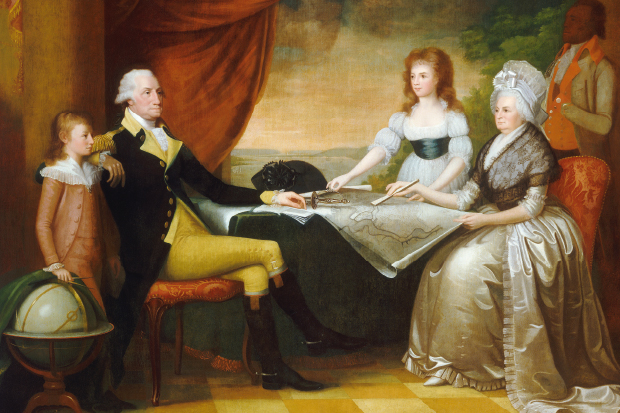
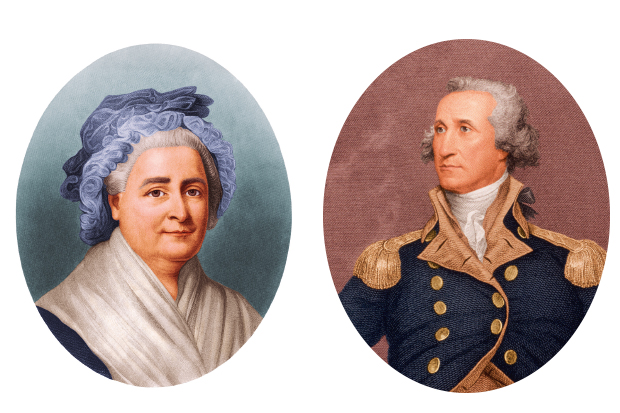
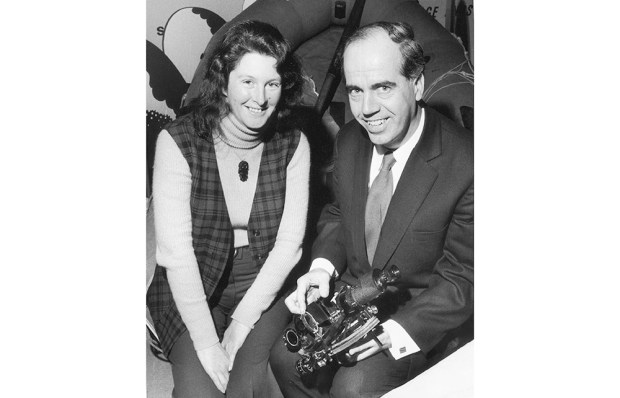
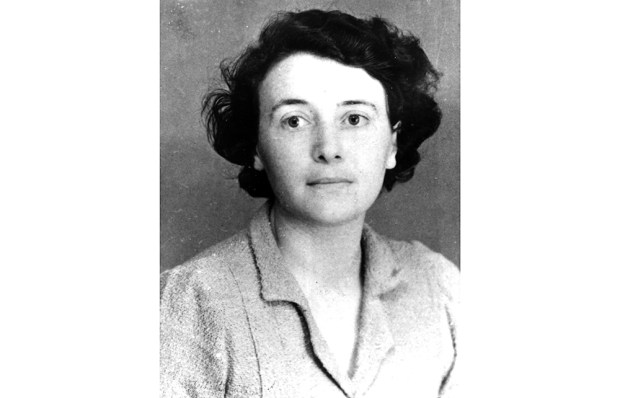


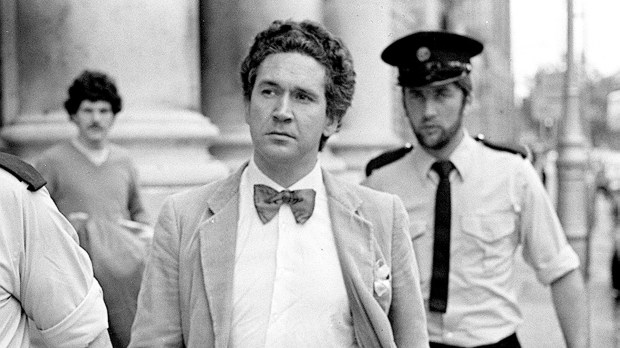
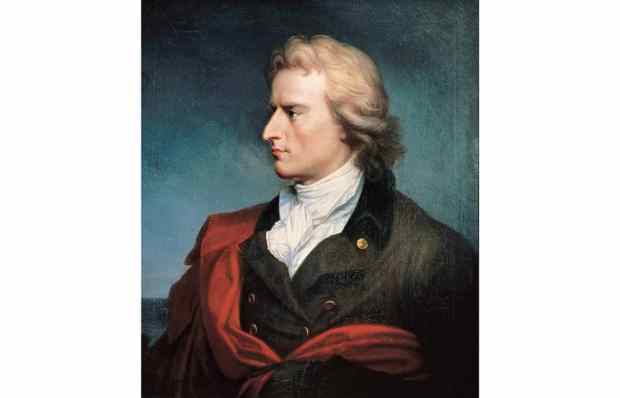






Comments
Don't miss out
Join the conversation with other Spectator Australia readers. Subscribe to leave a comment.
SUBSCRIBEAlready a subscriber? Log in